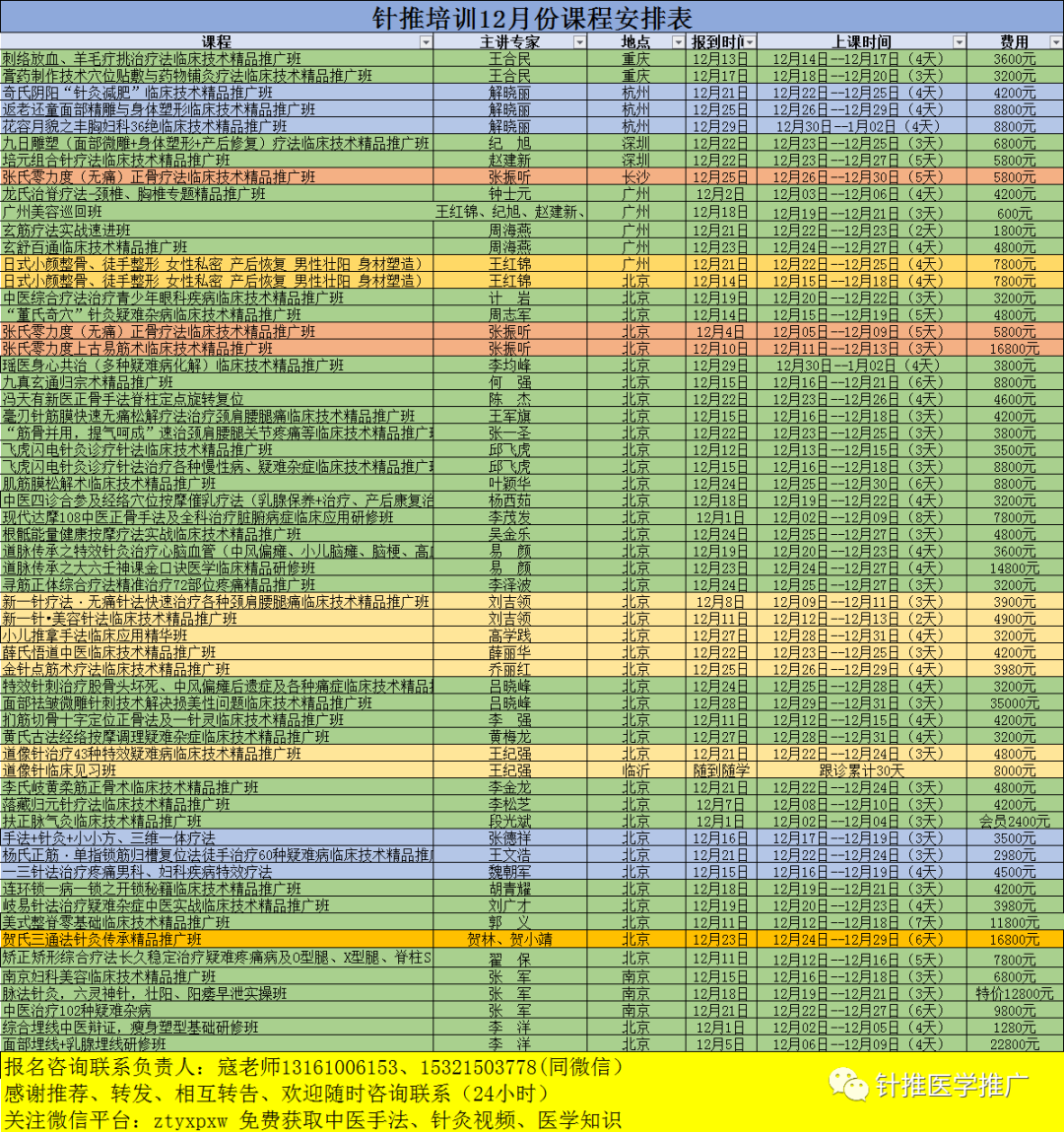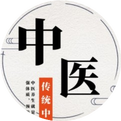1. Blood Deficiency:
The focus of nourishing blood is to regulate the spleen.
Symptoms of Blood Deficiency:
Symptoms include pale complexion, lack of color, sensitivity to heat in summer, sensitivity to cold in winter, palpitations, dizziness, and insomnia.
Dietary therapy for Blood Deficiency: Angelica and Astragalus Tea (Dang Gui Huang Qi Cha)
Preparation: Use a ratio of 5:1 for Astragalus (Huang Qi) and Angelica (Dang Gui), for example, 30 grams of Astragalus and 6 grams of Angelica; decoct the herbs three times and combine the water to drink.
In this tea, Astragalus tonifies Qi, while Angelica nourishes blood, achieving both blood and Qi replenishment.
Those with Blood Deficiency can drink this tea daily; it is suitable for those with Qi and blood weakness, those recovering from illness, and the elderly. However, those with Yin Deficiency and excess heat, or those with serious illnesses, should avoid this tea, especially during a cold.
For blood replenishment, Angelica can be used to cook eggs, and whole Angelica can be used for health purposes, suitable for both men and women, providing good Qi replenishment.
2. Blood Stasis:
Symptoms of Blood Stasis:
Symptoms include dark complexion, deep purple lips, and localized pain in the body.
Individuals with Blood Stasis are prone to cardiovascular diseases and obesity.
Dietary therapy for Blood Stasis: Longan and Walnut Tea (Gui Yuan He Tao Cha)
Preparation: Use one part longan (avoid shelling if experiencing dizziness) and two parts walnuts, boil in cold water for 20 minutes, and drink this water as tea, consuming both longan and walnuts.
This tea can help treat insomnia, anxiety, postpartum anemia, dysmenorrhea, and high blood lipids.
3. Blood Cold:
Symptoms of Blood Cold:
Symptoms include sensitivity to cold, cold pain in the abdomen and legs, and cold hands and feet.
Dietary therapy for Blood Cold: Ginger and Red Date Tea (Sheng Jiang Hong Zao Cha)
Preparation: Use five to six red dates with slices of ginger, boil in water, and add brown sugar before serving as tea.
This tea is best consumed in the morning and should not exceed noon; it must be drunk hot. The best time to drink is from the beginning of summer until the day before the start of the hot season, daily.
Effects of Ginger and Red Date Tea: Treats chin acne in women, aids digestion, alleviates wind-cold colds, and harmonizes the digestive and respiratory systems.
4. Blood Heat:
Symptoms of Blood Heat:
1. Body heat, bleeding phenomena such as nosebleeds, gum bleeding, hematuria, and coughing blood.
2. Premature graying of hair, irritability, and emotional instability.
Dietary therapy for Blood Heat: Cold Dishes with Purslane (Liang Ban Ma Chi Xian)
Preparation: Blanch purslane in hot water, then mix with seasonings to eat cold.
It is not advisable to eat raw purslane regularly, but it can be consumed raw for treating diseases.
Purslane can prevent and treat hand-foot-mouth disease in children, alleviate abdominal pain caused by enteritis and dysentery, and improve eyesight, treating premature graying.
In this episode, Ms. Chen Yunbin continues to discuss dietary therapy methods, focusing on how to regulate excess and deficient heat. 80% of people have deficient heat, so cooling herbs should not be used as they can harm the vital energy; it is crucial to return fire to the source and warm the kidneys.
Symptoms of Excess Heat:
Heat throughout the body, excessive sweating, extreme thirst, yellow and scanty urine, and dry stools.
Symptoms of Excess Heat:
Common symptoms of deficient heat: 80% of people with heat are due to deficient heat, one cause being Yin Deficiency.
Symptoms of Yin Deficiency:
Heat in the palms and soles, night sweats, and irritability.
Symptoms of Ascendant Deficient Heat:
Mouth sores, oral ulcers, and acne on the face.
Dietary therapy for Ascendant Deficient Heat: Pepper Stewed Egg (Huo Jiao Dun Ji Dan)
Preparation: Boil a poached egg and sprinkle with pepper before serving.
Specific preparation for alleviating oral ulcer pain: Take a small piece of dried persimmon and apply persimmon frost to the ulcer.
For chronic oral ulcers: Apply 3 grams of Asarum (Xi Xin) with a bit of sesame oil to the soles of the feet, secure with tape, and leave on overnight.
Qi stagnation is one cause of heat.
Symptoms of Qi Stagnation:
Chest and abdominal tightness, abdominal pain, and a tendency to sigh.
Dietary therapy for Qi Stagnation leading to heat: Rose Tea (Mei Gui Hua Cha), Lemon Tea (Ning Meng Cha).
Qi Deficiency is another cause of heat.
Symptoms of Qi Deficiency:
Excessive sweating, shortness of breath with movement, and fatigue.
Dietary therapy for Qi Deficiency: Astragalus Porridge (Huang Qi Zhou)
Preparation: 30-60 grams of Astragalus decocted three times, then add rice to cook porridge.
It is best to drink Astragalus porridge in the morning; continuous consumption for a week will show effects.
Those with Qi Deficiency should avoid excessive exercise, heavy sweating, and sauna use.
Sweat and blood share the same source; excessive sweating is equivalent to blood loss. Qi and blood are a pair of Yin and Yang in the body; when Yin and Yang are balanced, diseases do not arise. After exercise, one should not bathe immediately; rest for at least 30 minutes.
Dietary misconceptions: Removing scales when cooking fish.
Eating fish with scales helps prevent heat.
Cooking method for fish scales: First, pan-fry the fish on both sides, then stew.
Adding hawthorn and dried tangerine peel when cooking fish is beneficial for health.
Burnt fish skin can produce carcinogens.
Dietary misconception: Eating too much fermented tofu causes cancer.
Fermented tofu is like cheese for Chinese people; its nutrition is better than tofu. The golden mold on fermented tofu is beneficial, acting like an antibiotic in daily life. Eating fermented tofu can alleviate mild gastrointestinal discomfort.
Dietary misconception: Eating salted duck eggs is unhealthy.
Salted duck eggs can nourish kidney Yin.
Benefits of eating salted duck eggs: Treats lung dryness and cough, and helps with children's indigestion.
Simple method for making salted duck eggs: Soak duck eggs in white liquor, coat both ends with salt (for a saltier taste, coat the entire egg), and seal in a container (after two weeks, the salted duck eggs will be ready; the longer they are soaked, the oilier the yolk).
Health misconceptions in daily life: Everyone should drink 8 cups of water daily.
Misconception: One should drink 8 cups of water daily.
Water intake should be based on individual constitution; improper hydration can burden the spleen, lungs, and kidneys.
How to hydrate properly:
1. Lard can protect vitamins in vegetables and lock in moisture.
Drinking oil can also hydrate.
Adding salt to vegetables when stir-frying can better absorb the natural water in the vegetables.
How to hydrate properly:
2. Eating good fruits and vegetables such as sugarcane, water chestnuts, kiwi, and lotus root (lotus root powder), and kudzu root (kudzu root powder).
Symptoms of bad water in the body:
1. Edema.
Three types of edema:
1. Wind-cold edema (sudden facial swelling); treatment focuses on dispelling wind and cold.
2. Spleen dampness edema (swelling under the eyes, whole body swelling); treatment method: Winter Melon and Shrimp Skin Soup (winter melon should be unpeeled, add pepper).
3. Spleen and kidney Yang deficiency edema (swelling in the feet and legs); treatment method: Fennel Seed Stewed Eel.
Symptoms of bad water in the body:
2. Phlegm-dampness (obesity).
Treatment for phlegm-dampness obesity: Dried Tangerine Peel and Lotus Leaf Tea, consumed daily as tea.
Symptoms of phlegm-dampness obesity: presence of phlegm, gaining weight from drinking water, feeling heavy, burden on the heart, and excessive sleepiness.
Symptoms of Qi deficiency obesity: soft flesh, not heavy in weight, large volume, excessive sweating, and prone to colds.
Those with Qi deficiency obesity should not drink Dried Tangerine Peel and Lotus Leaf Tea; dietary therapy includes Astragalus porridge and fava beans.
Symptoms of Blood Stasis obesity: obesity, dark complexion, deep lips, and difficulty losing weight.
Dietary therapy for Blood Stasis obesity: Hawthorn and Licorice Tea (Shan Zha Gan Cao Cha).
Preparation: 30 grams of hawthorn and 6 grams of licorice, boil in cold water for 10 minutes.
Different individuals should choose the correct weight loss method based on their constitution.
Dietary therapy for special populations:
1. Night owls: Cuttlefish Soup.
When stewing cuttlefish soup, do not remove the bones; during Blood Heat, bones have a blood-stabilizing effect, and those with allergies should especially stew with bones.
2. Gallstones: Golden Egg Custard.
Effects of Golden Egg Custard: Relieves food stagnation, aids digestion, strengthens the spleen and stomach, and helps treat gallstones and cholecystitis.
3. Individuals with habitual nosebleeds: Vegetarian Braised Eggplant.
Preparation: Slice tomatoes and salt them, pan-fry the eggplant with skin until soft, then stir-fry with tomatoes and garlic.
Chinese Medicine Research Institute

Long press the QR code to add

Long press the QR code to add

